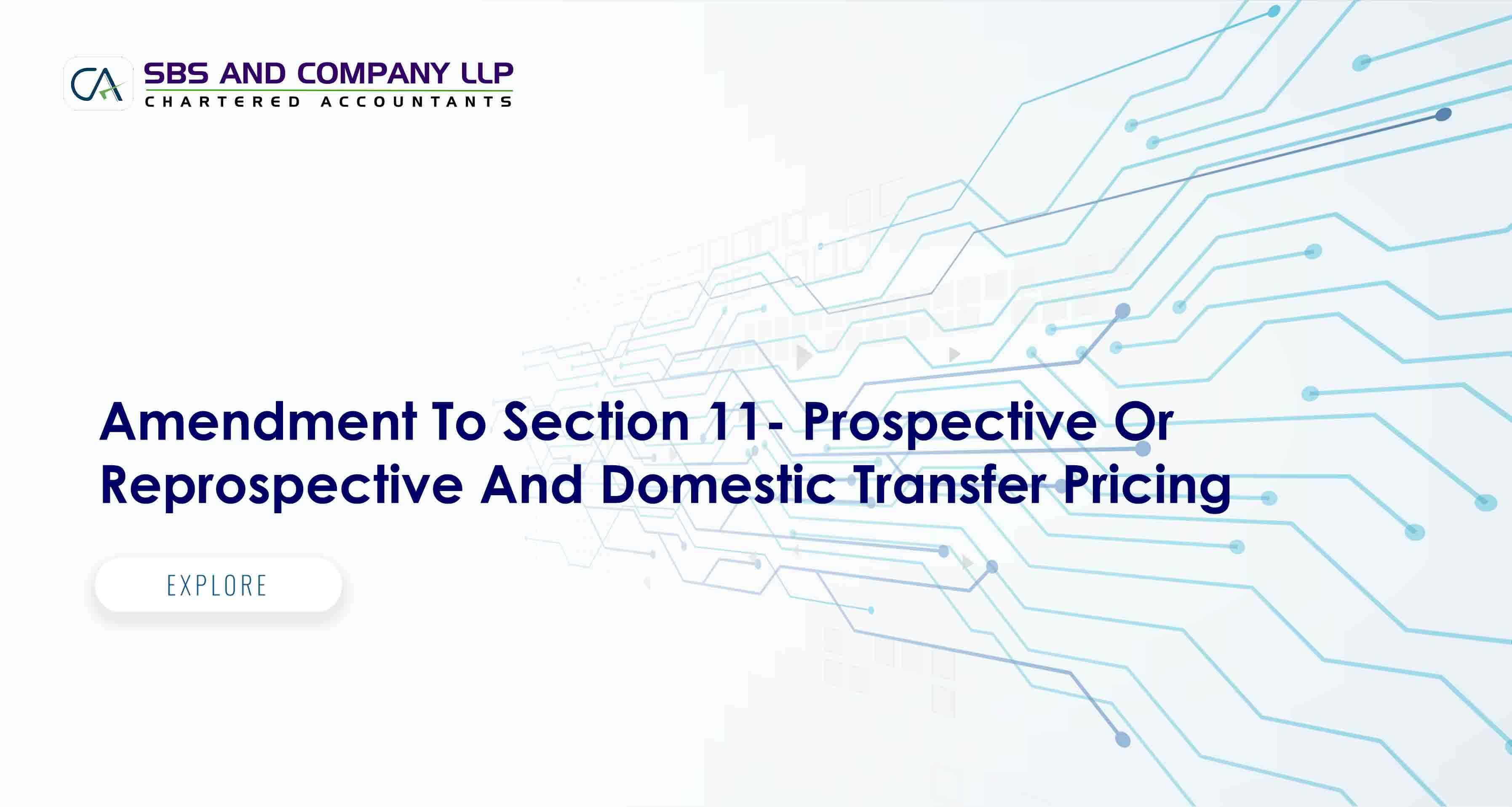Section 11of the Income-tax Act, 1961 (“Act”) provides for exemption of income derived from property held under a trust or legal obligation wholly for charitable purposes to the extent of income applied for such purposes in India. Such trust or legal obligation can accumulate or set apart not exceeding 15% of the income from such property subject to exceptions provided in subsection 2 of section 11.
Section 2(15) defines “Charitable Purposes”. It includes relief of poor, education, medical relief, Yoga 1, preservation of environment2 including watersheds, forests and wildlife and preservation of monuments or places or object of artistic or historic interest and advancement of any other object of general public utility.
Section 11(1)(d) provides that income in the form of voluntary contributions made with a specific direction that they shall form part of corpus of the trust or institution are not subject to application. In nutshell corpus donations are not income of the trust or institution.
Explanation to Section 11(2) provides that the amount credited or paid out of accumulated income to any trust or institution registered U/S 12AA or any fund or institution or other educational institution or any hospital or other medical institution referred to in (iv)/(v)/ (vi)/(via) of Section 10(23C)shall not be treated as application of income for charitable purpose either during the period of accumulation or thereafter.
By reading the provisions of section 11(1)(d) and explanation to section 11(2) together one may conclude that it is allowed for a trust or institute to donate out of current year income to another trust or institution registered U/S 12AA/10(23C) and claim it as application of income.
The above view was supported by Gujrat HC Judgement3 where the Court held that the provisions of section 11(1)(a) can be said to have been met out where a donor -trust, which is charitable and religious trust, donates its income to another charitable and religious trust even though such contribution is towards corpus of donee- trust or institution. Further the Court held that instruction no. 1132 issued by the CBDT on 05-01-1978 squarely covers the facts of the present case.
New Proposal by Finance Bill 2017: -
A new explanation (Explanation 2) inserted to the section 11(1) w.e.f 01-04-2018. It provides that any amount credited or paid out of income referred to in Section 11(1) (a) or (b) to any other trust or institution registered U/ S 12AA, being contribution with specific direction that they shall form part of corpus of the trust or institution shall not be treated as application of income for charitable or religious purpose.
The reason behind the amendment is avoid the double benefit being that in the hands of donor trust it is treated as application of income and in the hands of donee such receipt is not income for the purpose of application.
However, donations with no specific directions to the recipient continue to be eligible as application of income.
The new proposal in Finance Bill 2017 is prospective in nature. To support this view reliance can be place on Supreme Court Judgement4 and ITAT JAIPUR5 where in it was held that “of the various rules guiding how a legislation has to be interpreted, one established rule is that unless a contrary intention appears, a legislation is presumed not to be intended to have a retrospective operation.” The idea behind the rule is that a current law should govern current activities. Law passed today cannot apply to the events of the past. One principle of law is known as lexprospicit non respicit: law looks forward not backward.
Thus, legislations which modified accrued rights or which impose obligations or impose new duties or attach a new disability have to be treated as prospective unless the legislative intent is clearly to give the enactment a retrospective effect;
While interpreting whether amendment to be applied retrospectively or prospectively one has to consider the notes on clauses appended to the Finance Bill.
The Memorandum to Finance Bill 2017 provided that new explanation to section 11 will take effect from 1st April 2018 and apply in relation to the assessment year 2018-19 and subsequent years.
Therefore, the proposed amendment brought by Finance Bill 2017 by insertion of new explanation to section 11(1) will apply prospectively.



